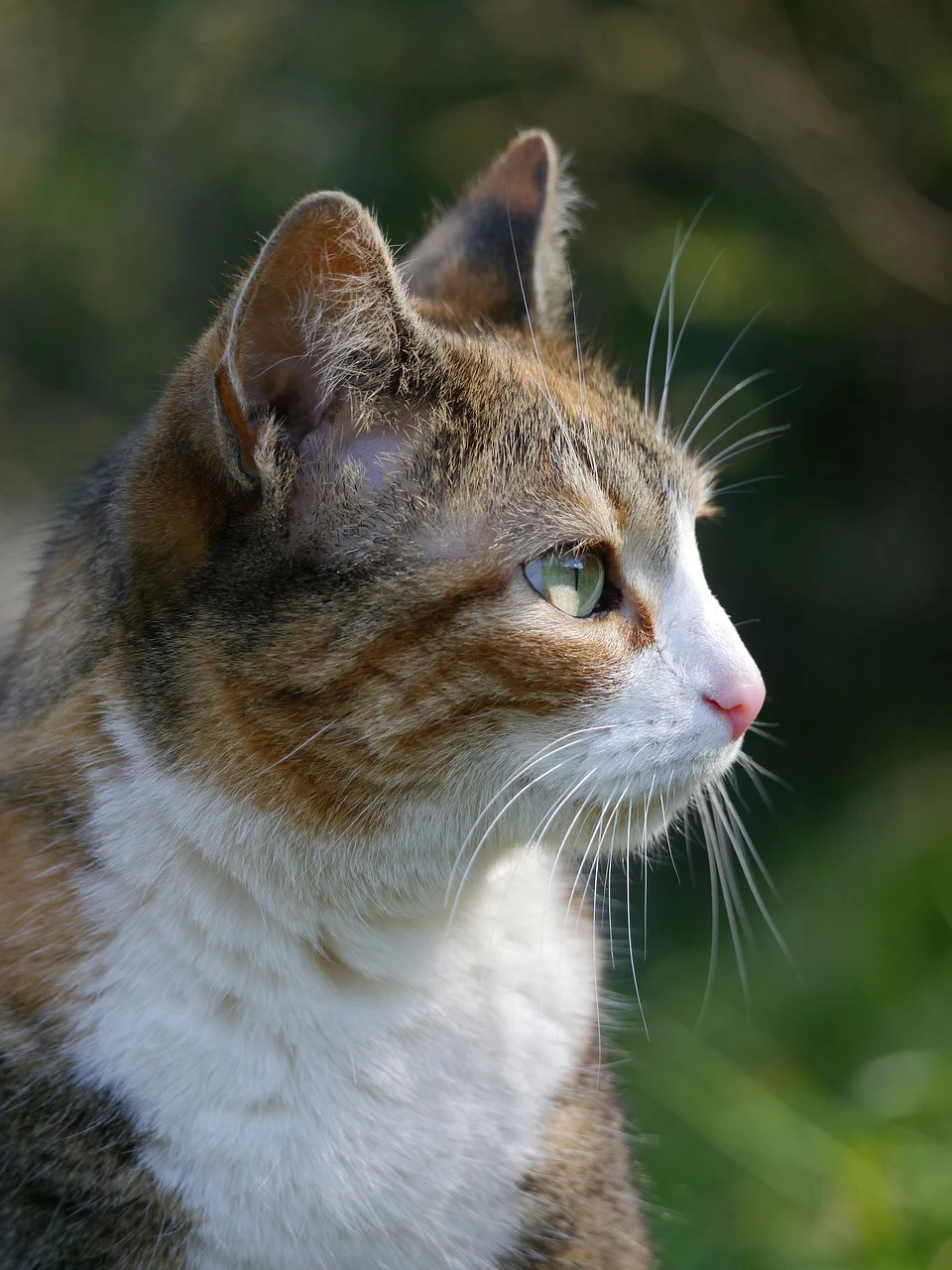We adopted a Glasgow tenement cat from a lady who worked in Africa. She had named him Fujo which means “mischief” in Swahili. He was an opinionated and very independent four year-old moggy. Despite being raised as an indoor cat in an upstairs terraced building he quickly learned how to use a cat-flap after he came to us in Edinburgh and eventually he became an intrepid adventurer who patrolled the streets of genteel south Morningside. His patch included the doorstep of big houses where his pitiful miaowing would result in his being invited in to dine on titbits. Fujo loved food and that he would often sit staring expectantly at his empty feeding bowl, and even attemptto lick the pattern off it after finishing his meal. I’m including a photo of us with our first new grandchild just to illustrate his rather large size!
Edinburgh and eventually he became an intrepid adventurer who patrolled the streets of genteel south Morningside. His patch included the doorstep of big houses where his pitiful miaowing would result in his being invited in to dine on titbits. Fujo loved food and that he would often sit staring expectantly at his empty feeding bowl, and even attemptto lick the pattern off it after finishing his meal. I’m including a photo of us with our first new grandchild just to illustrate his rather large size!
In all the years he lived with us, Fujo never did anything except what he himself wanted. He came and went as he pleased, slept wherever he wanted, ate whenever and whatever he wanted, invariably turning his nose away from the low-fat diet recommended by the vet. Fujo also only purred on his own terms – rarely on our laps – perched over the computer keyboard or stretched across a doorway. Despite all these foibles we loved him dearly as an irreplaceable friend, and shed tears on his demise.
Unlike most domesticated animals, cats are not ‘useful’ to humans. Cattle, sheep, pigs and goats provide us with meat and dairy. Horses, camels, donkeys and yaks are means of transport. Dogs become our loyal companions. But in the thousands of years that cats have lived with us they have remained aloof and inscrutable.
So why do we love cats so much? Maybe simply because they are cats!

